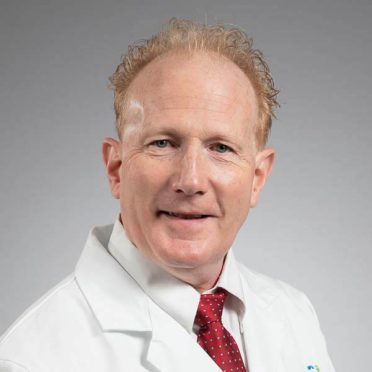Is your heartbeat irregular?
You might be one of more than five million U.S. adults who suffers from atrial fibrillation – the most common type of irregular heartbeat – that can lead to a whole host of other health complications including heart attacks, strokes or heart failure.
A new procedure, now offered at MidState Medical Center along with other locations across Hartford HealthCare, offers atrial fibrillation patients a way to restore their heart’s normal rhythm in just two hours.
What is atrial fibrillation?
Atrial fibrillation, more commonly known as a-fib, is when the electrical signals that help our heartbeat become faulty and ultimately cause a chaotic, fast heartbeat. “People can get this at any age, but it becomes more common as you get older,” says Jude Clancy, MD, a cardiac electrophysiologist with the Hartford HealthCare Heart & Vascular Institute. “It gives people symptoms like palpitations, shortness of breath and fatigue.”
> Want more health news? Text StartHere to 85209 to sign up for text alerts
What are the causes and treatments?
High blood pressure, obesity, diabetes, smoking and chronic kidney disease are all considered risk factors. If left untreated, a-fib can lead to heart attack, stroke or heart failure.
“In people who are newly diagnosed we try to shock the heart back into a normal rhythm. Medication is also used for mild or more serious cases. If none of this helps, we often turn to what’s called an atrial-fibrillation ablation,” says Clancy.
> Related: Should J.J. Watt Be Playing Days After Going Into Atrial Fibrillation?
How does atrial fibrillation ablation work?
“The electrical activity that causes atrial fibrillation is on the left side of the heart,” Clancy explains. “We go in through the veins in the lower groin with a special catheter, go up into the right side of the heart and then cross over into the left side. We then cauterize the electric short circuits that are causing the irregular heart beat and return the heart to a normal rhythm,” says Clancy.
The actual procedure itself takes about two hours and in most cases, the patient will go home the same day. MidState recently performed its first a-fib ablation – allowing more access to patients who are candidates for this procedure. “Having another location, such as MidState, gives us greater capacity to help patients across Hartford HealthCare,” says Clancy.



